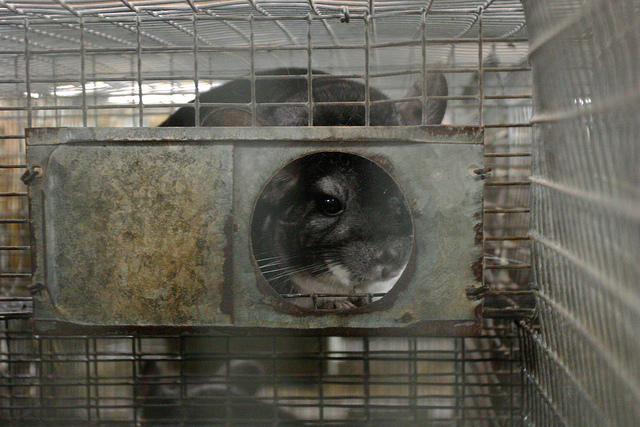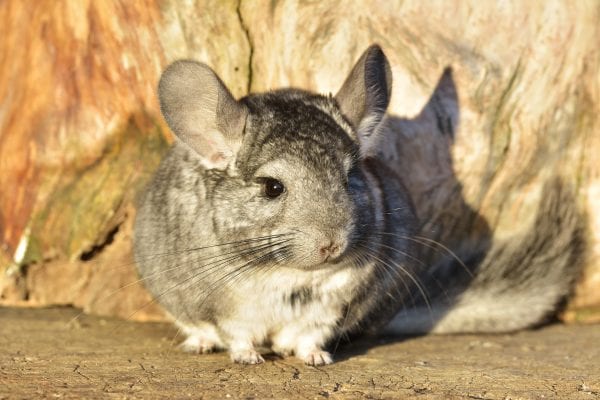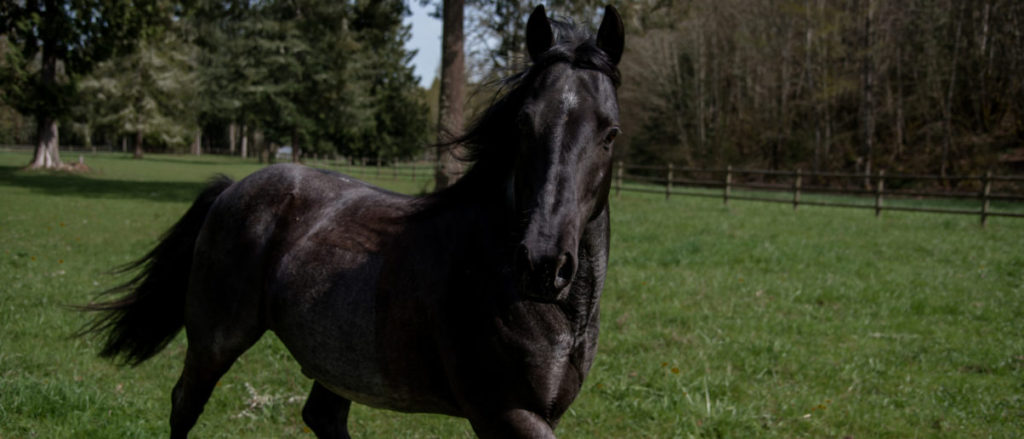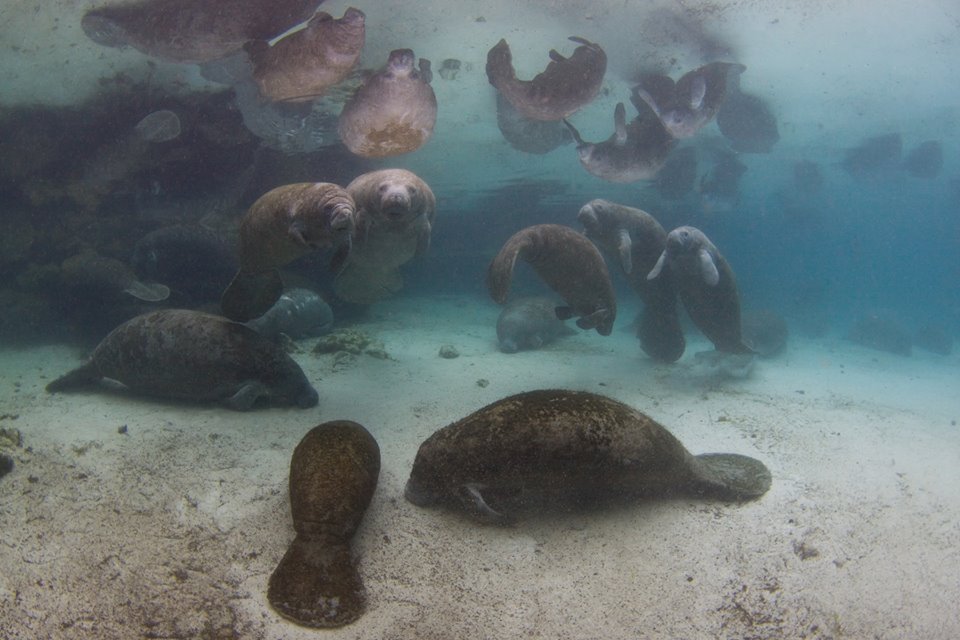After a 10-year phase out period, Serbia has now officially banned fur farming.
The 2009 Animal Welfare Act gave farmers a decade to get out of the fur business, and despite intense lobbying to delay or reverse the ban, as of January 2019 the industry is officially dead.
Serbia joins a growing number of places banning fur farming or sales, including Germany, Norway, Macedonia, Belgium and various cities in California.
More than a dozen nations have introduced bans and countries including Ireland, Lithuania, Denmark, Estonia and Poland are debating doing the same.
According to the Fur Free Alliance, chinchillas were the only animals kept for fur in Serbia.
“Each year, approximately 12,000 chinchillas were killed on Serbian fur farms by the end of the phase-out period,” the animal welfare group said in a statement.
Rejoice! As of today, fur farming in Serbia is history 😻🇷🇸 After a 10-year-long phase-out period and persistent struggle of animal advocates worldwide to safeguard the ban from industry lobby pressure, this is a monumental victory for animal rights #SerbiaFurFree pic.twitter.com/R9Ss5oVBIv
— Fur Free Alliance (@FurFreeAlliance) January 1, 2019

Snezana Milovanovic, director of the Serbian animal protection organization Freedom for Animals, hailed the government’s commitment to the ban, saying:
“With the enforcement of the 2009 Animal Welfare Act, that makes it illegal to keep, reproduce, import, export and kill animals only for the production of fur, a great victory is finally achieved. Not only is this ban important for animals kept for fur production in Serbia, but also for the whole South East European region, and it signifies a major step forward for animal rights worldwide.”

Photo Fur Free Alliance




